Google artificial intelligence creates its own AI ‘child’
Machine-made programme is more accurate than human-made systems
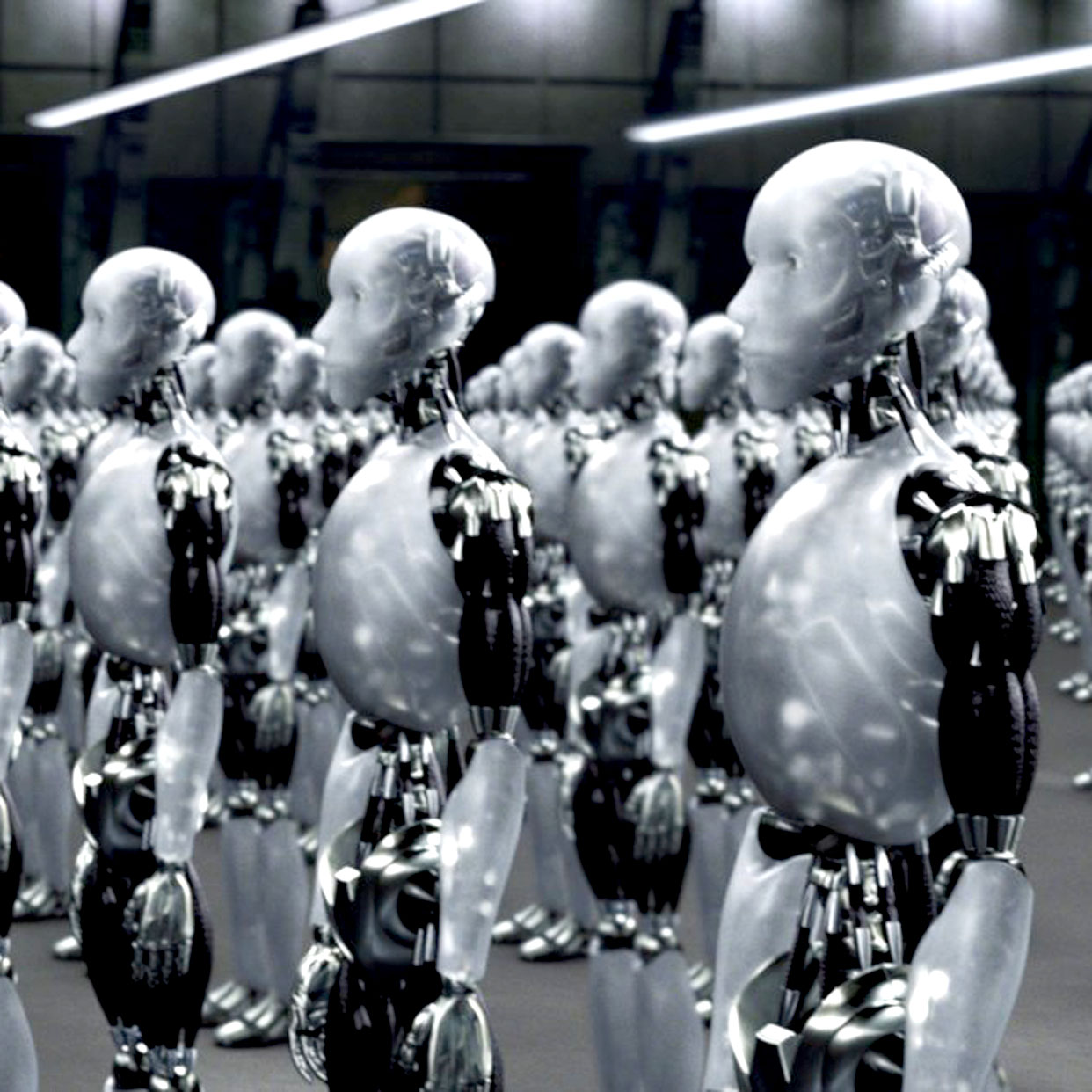
Google’s AutoML artificial intelligence (AI) system has created its own “fully-functional AI child” that’s capable of outperforming its human-made equivalents, reports Alphr.
The computer-made system, known as NASNet, is designed to identify objects, such as people and vehicles, in photographs and videos, the search engine giant says.
Studies show that NASNet is able to identify objects in an image with 82.7% accuracy. Google says this is an improvement of 1.2% over AI programmes created by humans.
Subscribe to The Week
Escape your echo chamber. Get the facts behind the news, plus analysis from multiple perspectives.

Sign up for The Week's Free Newsletters
From our morning news briefing to a weekly Good News Newsletter, get the best of The Week delivered directly to your inbox.
From our morning news briefing to a weekly Good News Newsletter, get the best of The Week delivered directly to your inbox.
The web giant has made the system “open source”, which means developers from outside the company can either expand upon the programme or develop their own version.
Researchers at Google say they hope AI developers will be able to build on these models to address “multitudes of computer vision problems we have not yet imagined.”
While the AI-made programme appears to be harmless in its current guise, Alphr says significant advances in its technology could have “dangerous implications.”
The website says AI systems could, for instance, develop their own “biases” and spread them onto other machines.
But the Daily Express says tech giants Facebook and Apple have joined the Partnership on AI to Benefit People and Society, a group that aims to implement strategies that “only allow AI to be developed if it will benefit humanity.”
The newspaper reports that Google’s engineering chief, Ray Kurzweil, also believes AI could cause problems for mankind in the future.
He says humanity will experience “difficult episodes” before AI can be used to benefit civilisation.
A free daily email with the biggest news stories of the day – and the best features from TheWeek.com
-
 How global conflicts are reshaping flight paths
How global conflicts are reshaping flight pathsUnder the Radar Airlines are having to take longer and convoluted routes to avoid conflict zones
-
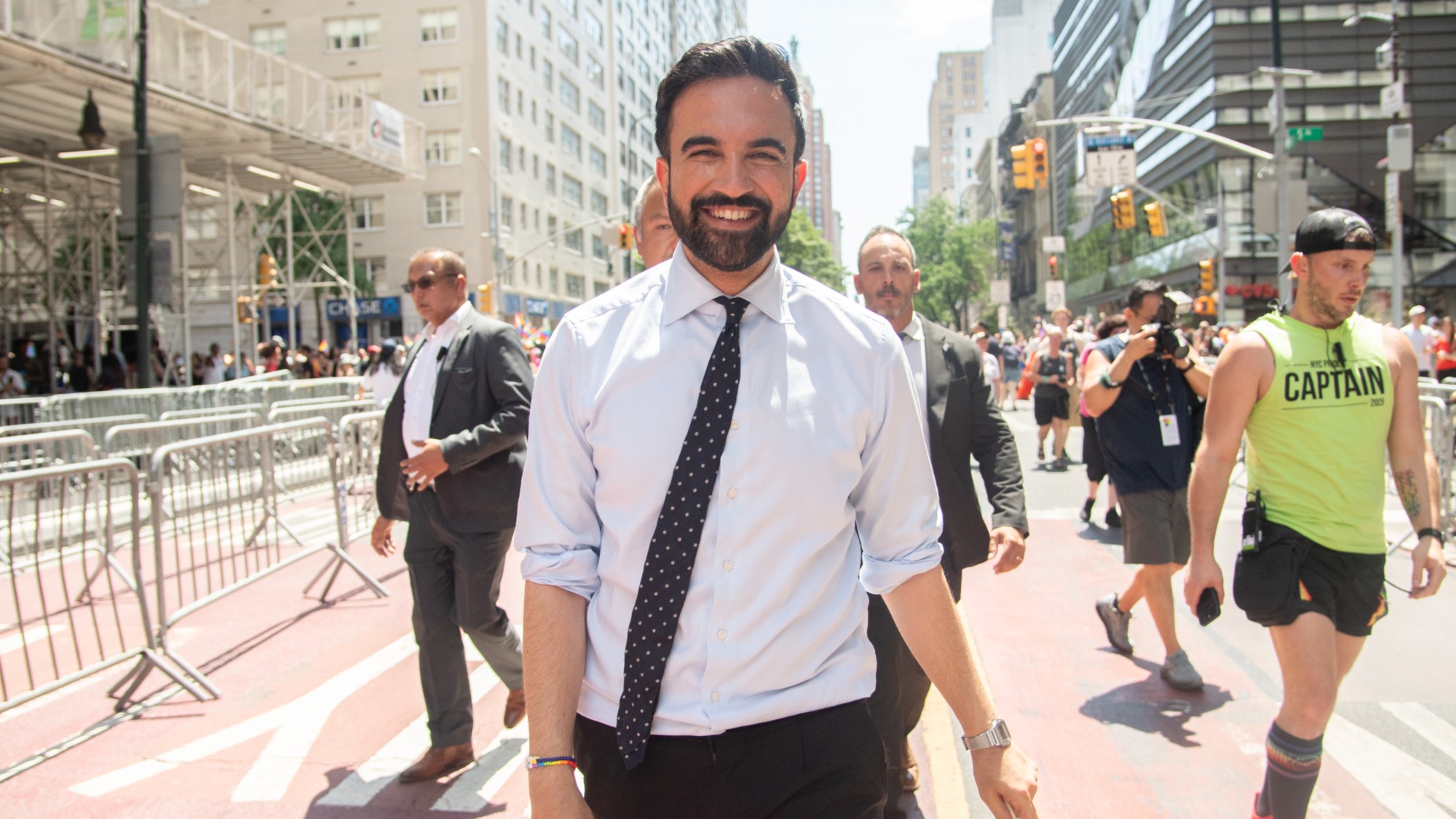 Zohran Mamdani: the young progressive likely to be New York City's next mayor
Zohran Mamdani: the young progressive likely to be New York City's next mayorIn The Spotlight The policies and experience that led to his meteoric rise
-
 The best film reboots of all time
The best film reboots of all timeThe Week Recommends Creativity and imagination are often required to breathe fresh life into old material
-
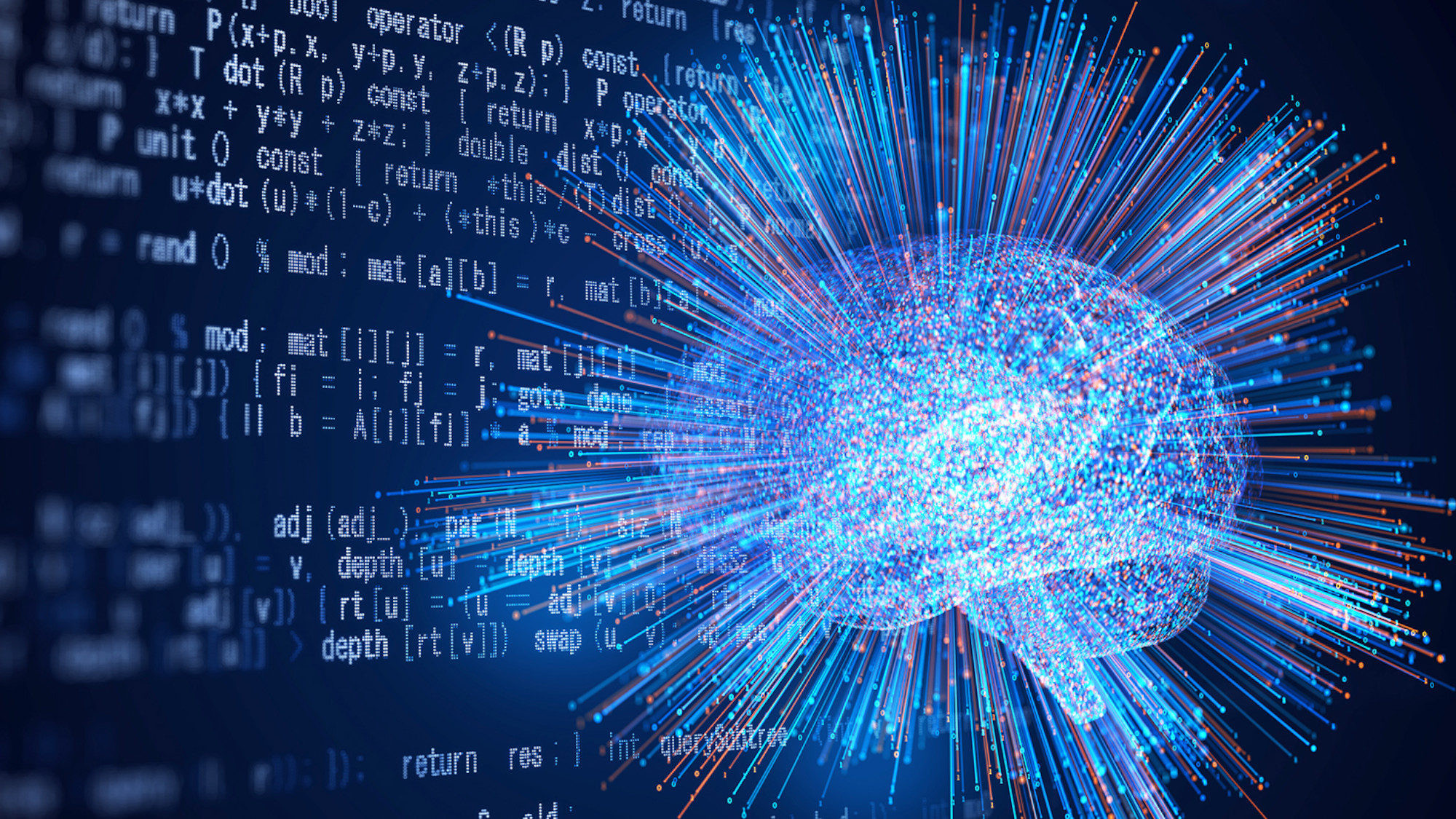 The god in the machine
The god in the machineFeature An AI model with superhuman intelligence could soon become reality. Should we be worried?
-
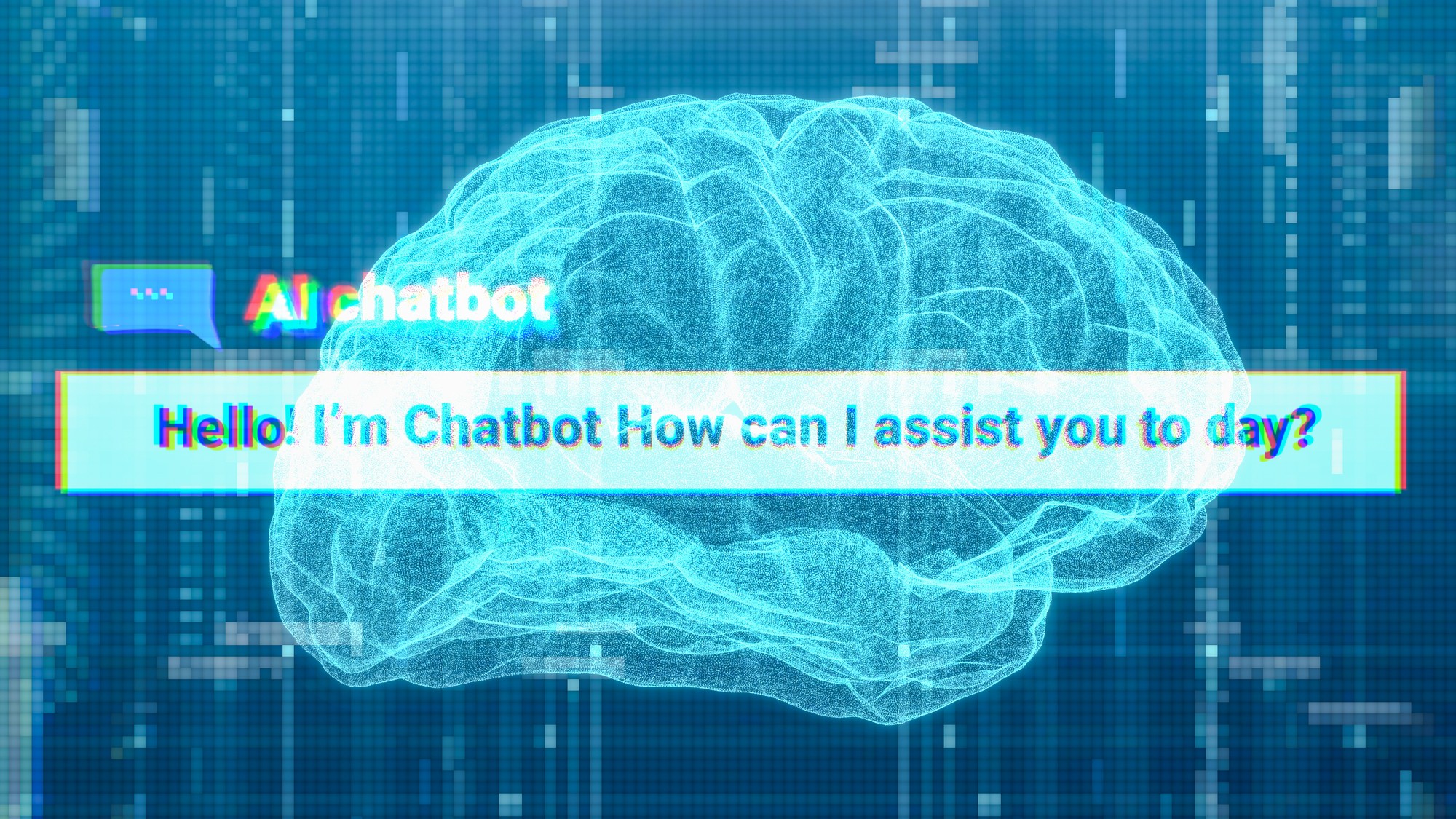 AI chatbots are leading some to psychosis
AI chatbots are leading some to psychosisThe explainer The technology may be fueling delusions
-
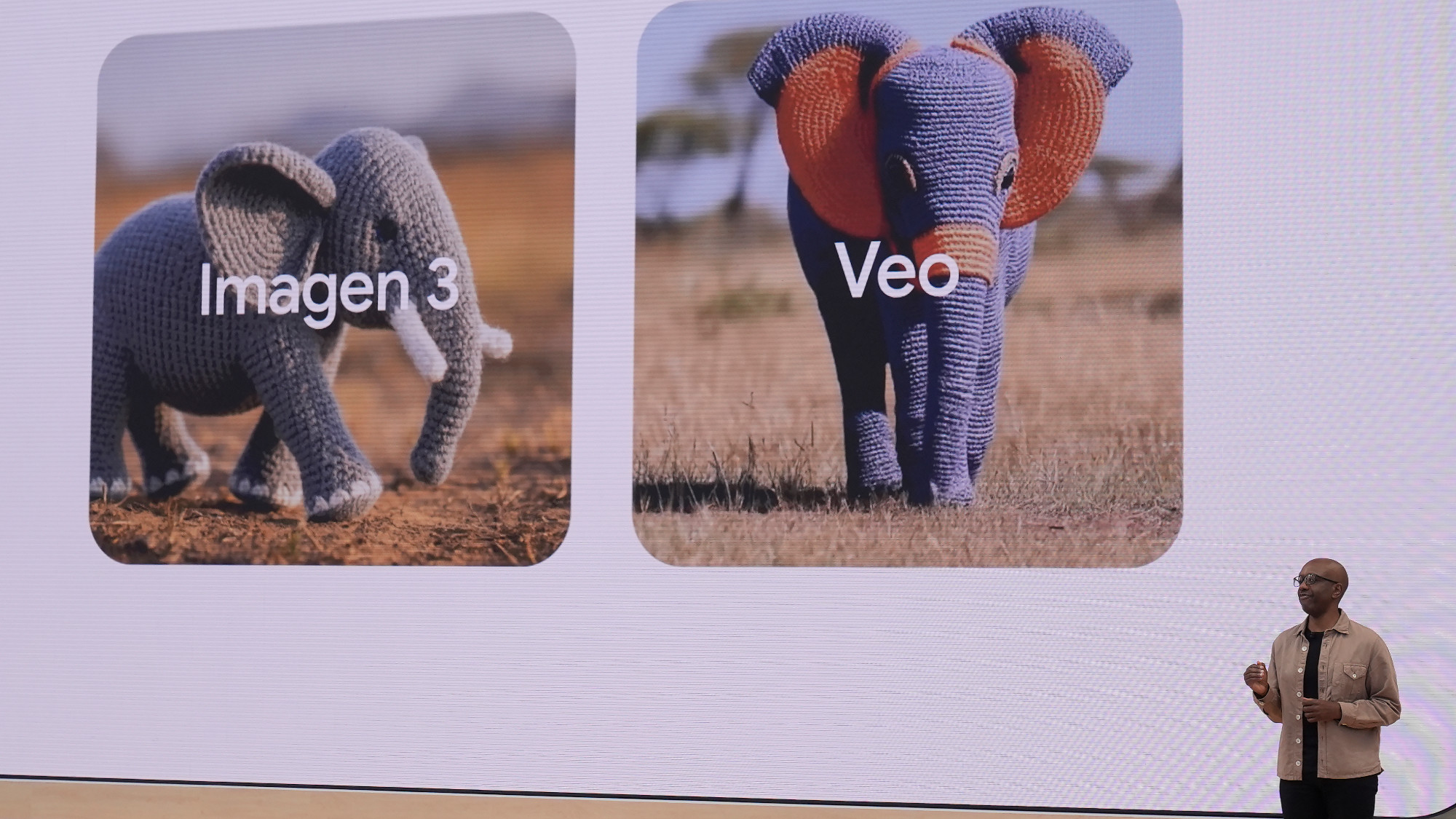 Unreal: A quantum leap in AI video
Unreal: A quantum leap in AI videoFeature Google's new Veo 3 is making it harder to distinguish between real videos and AI-generated ones
-
 Will 2027 be the year of the AI apocalypse?
Will 2027 be the year of the AI apocalypse?A 'scary and vivid' new forecast predicts that artificial superintelligence is on the horizon A 'scary and vivid' new forecast predicts that artificial superintelligence is on the horizon
-
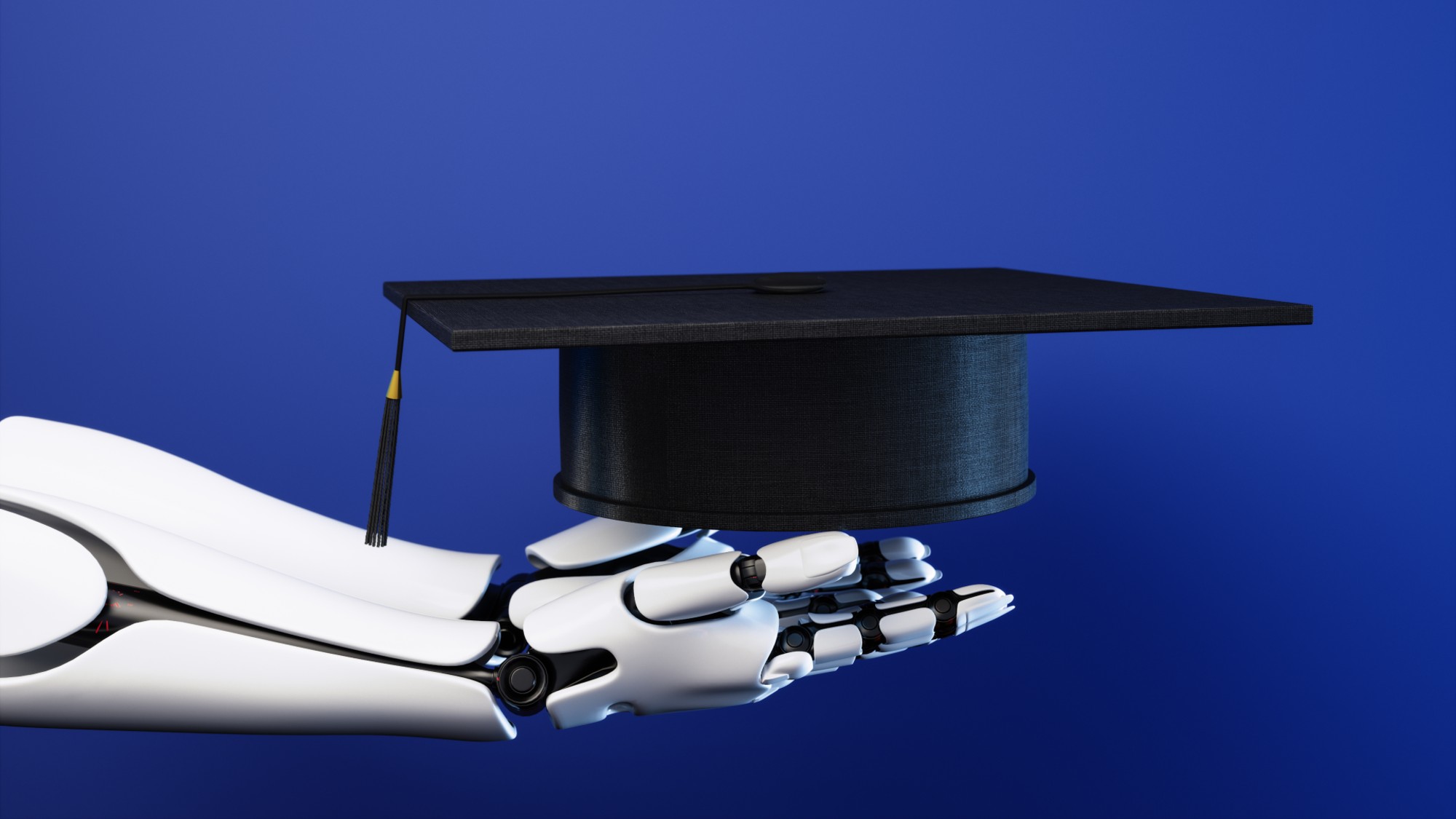 College grads are seeking their first jobs. Is AI in the way?
College grads are seeking their first jobs. Is AI in the way?In The Spotlight Unemployment is rising for young professionals
-
 Disney, Universal sue AI firm over 'plagiarism'
Disney, Universal sue AI firm over 'plagiarism'Speed Read The studios say that Midjourney copied characters from their most famous franchises
-
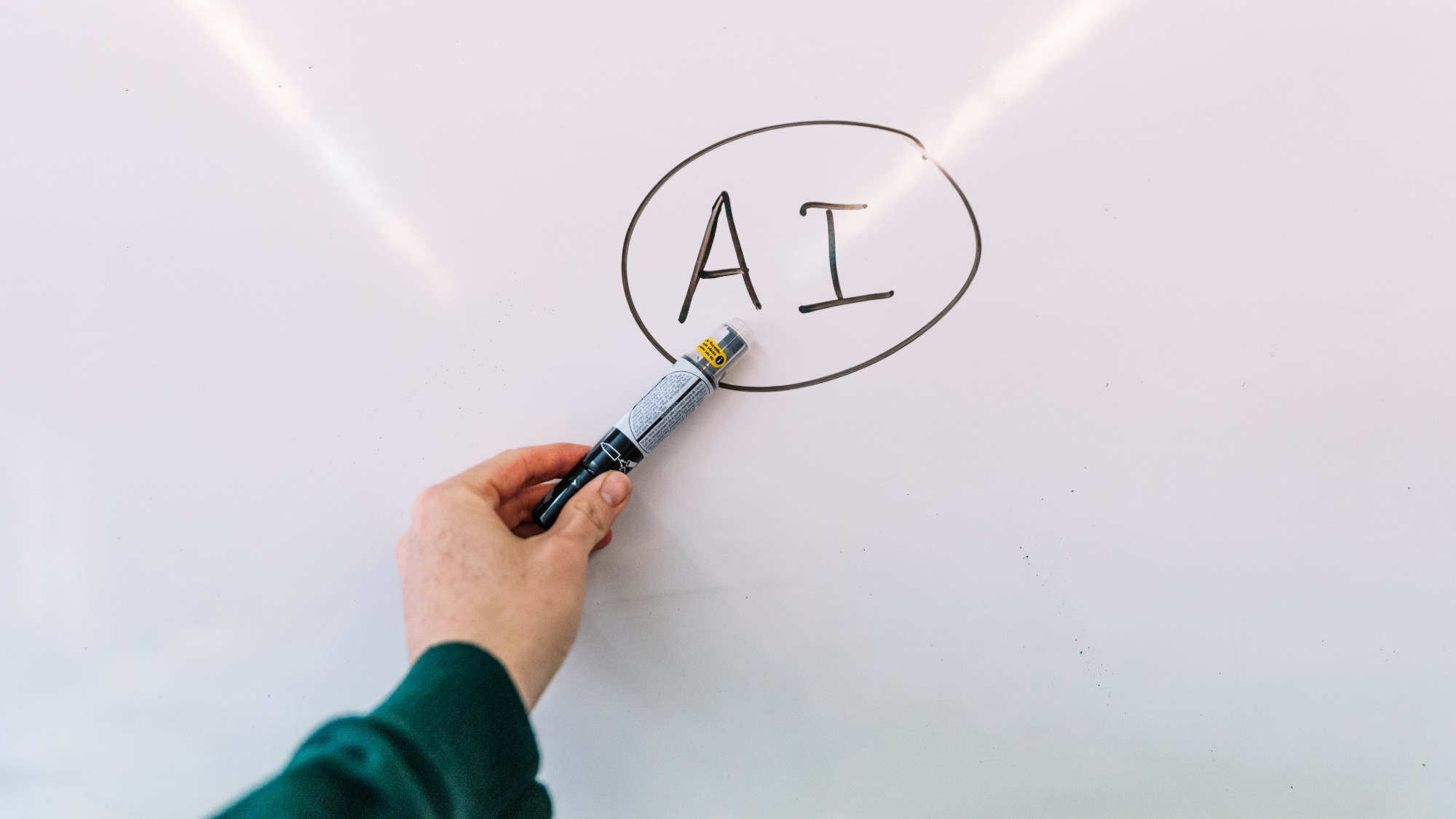 Learning loss: AI cheating upends education
Learning loss: AI cheating upends educationFeature Teachers are questioning the future of education as students turn to AI for help with their assignments
-
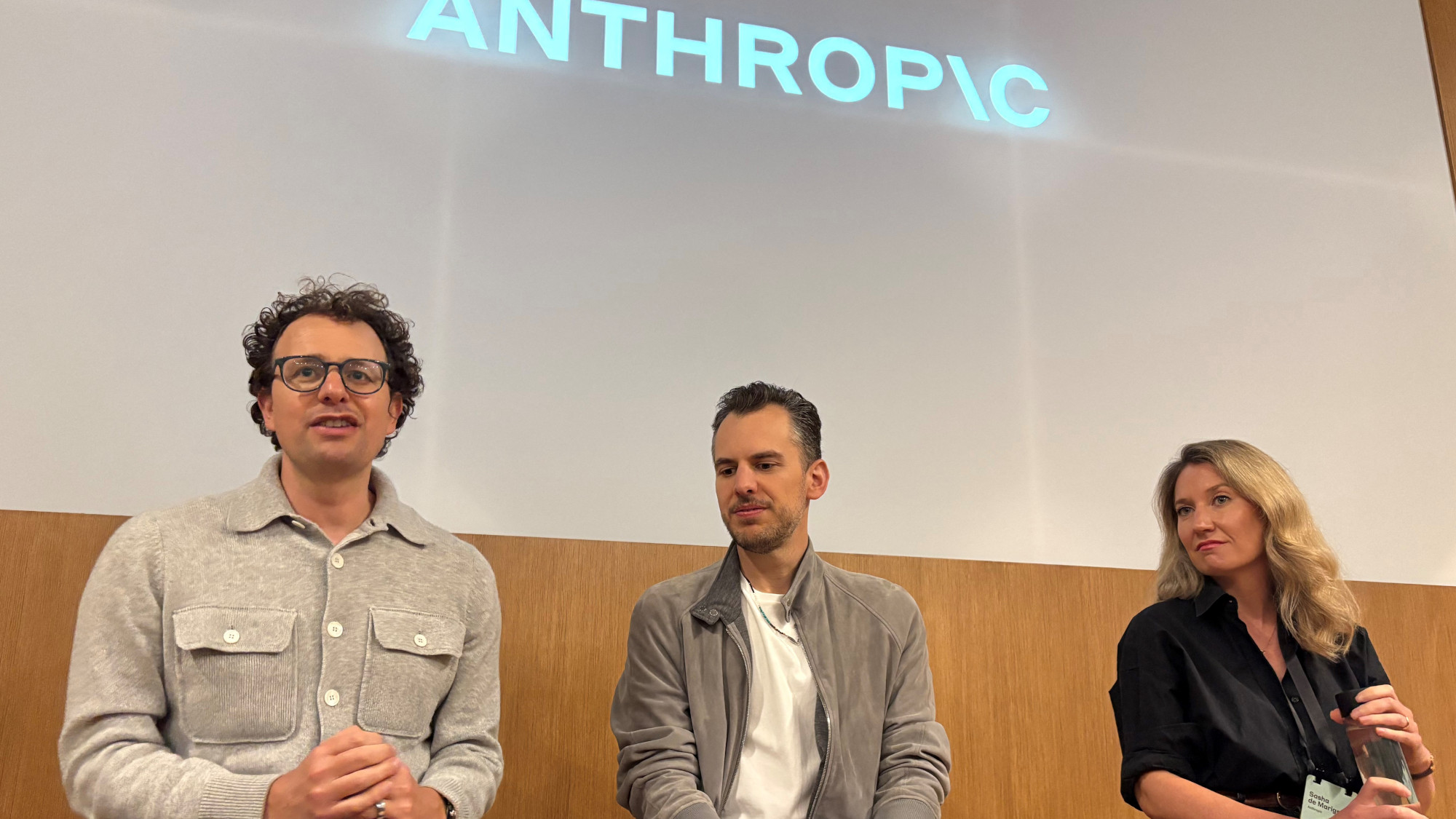 AI: Will it soon take your job?
AI: Will it soon take your job?Feature AI developers warn that artificial intelligence could eliminate half of all entry-level jobs within five years